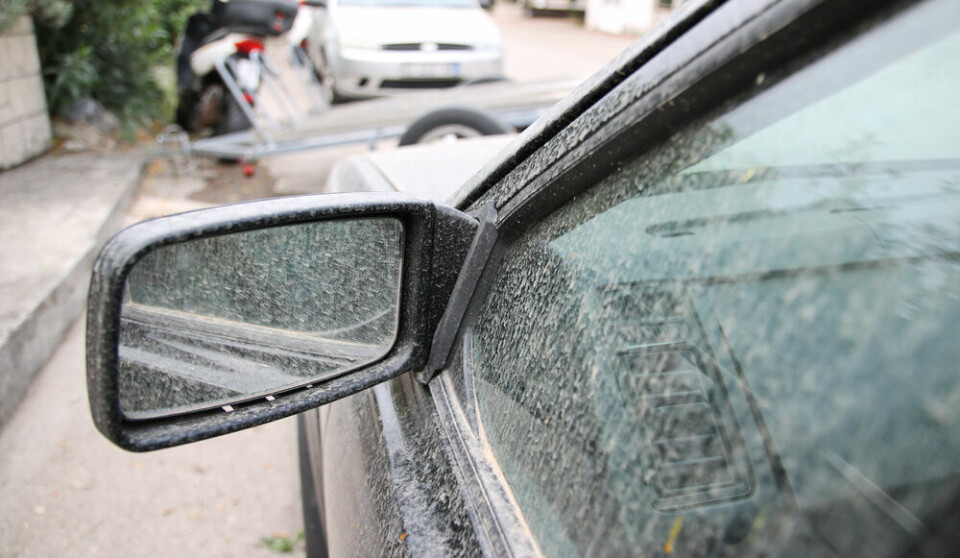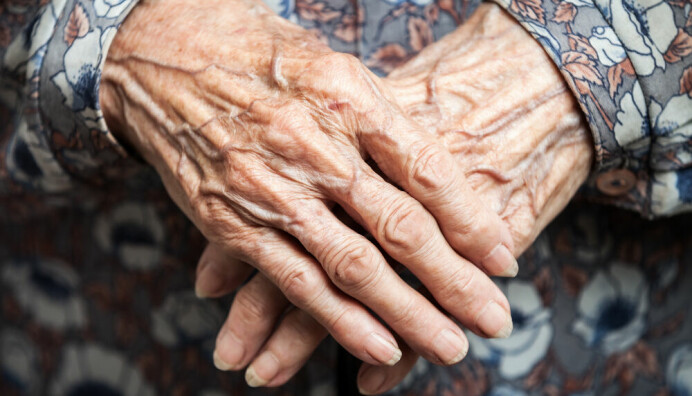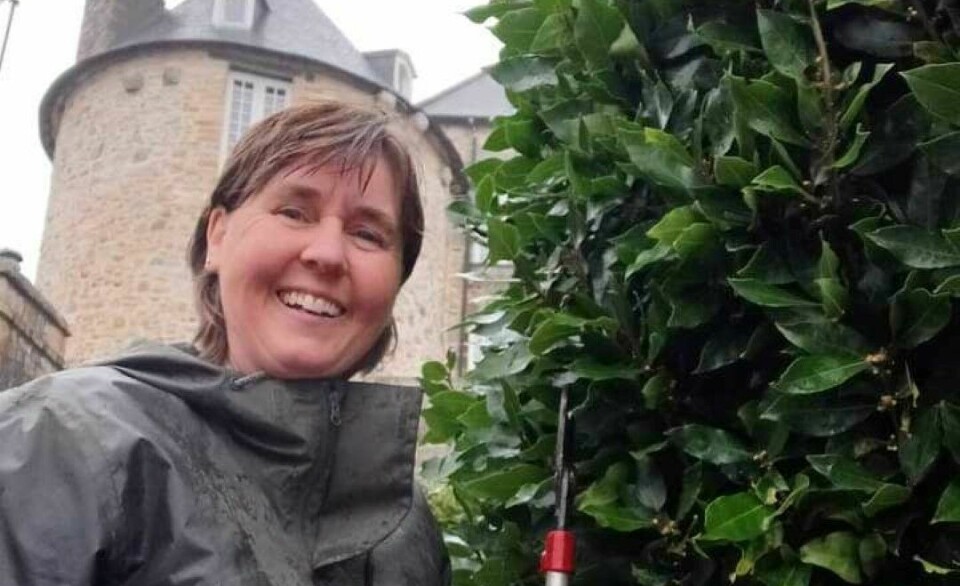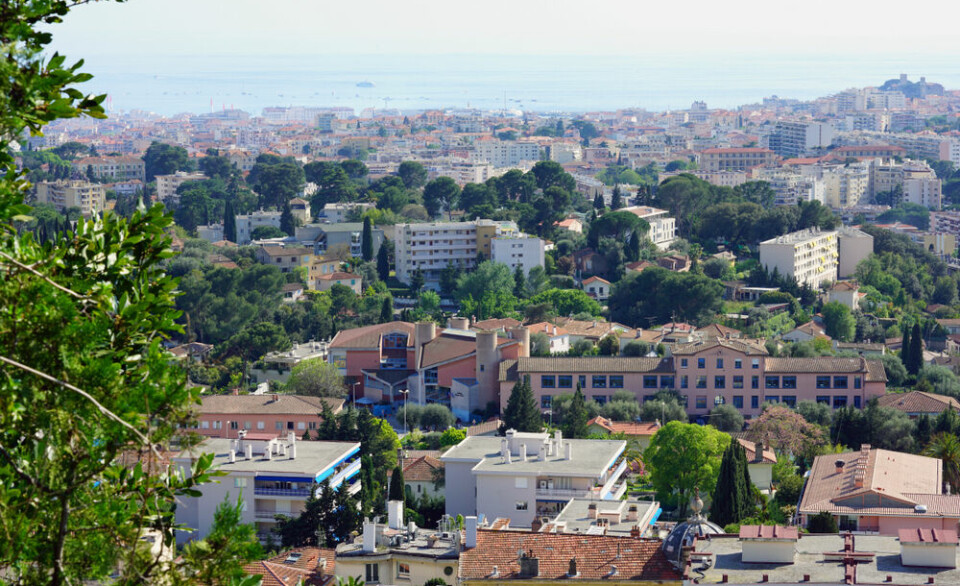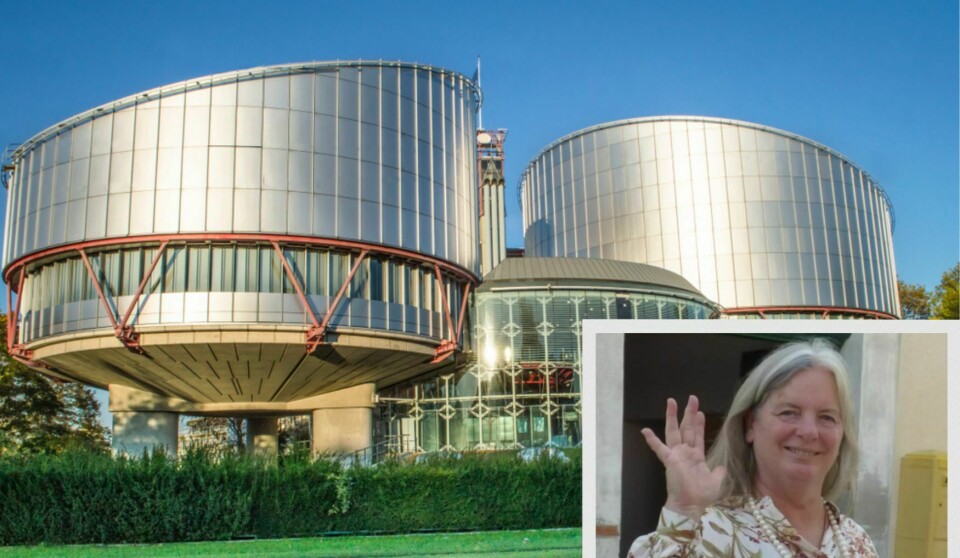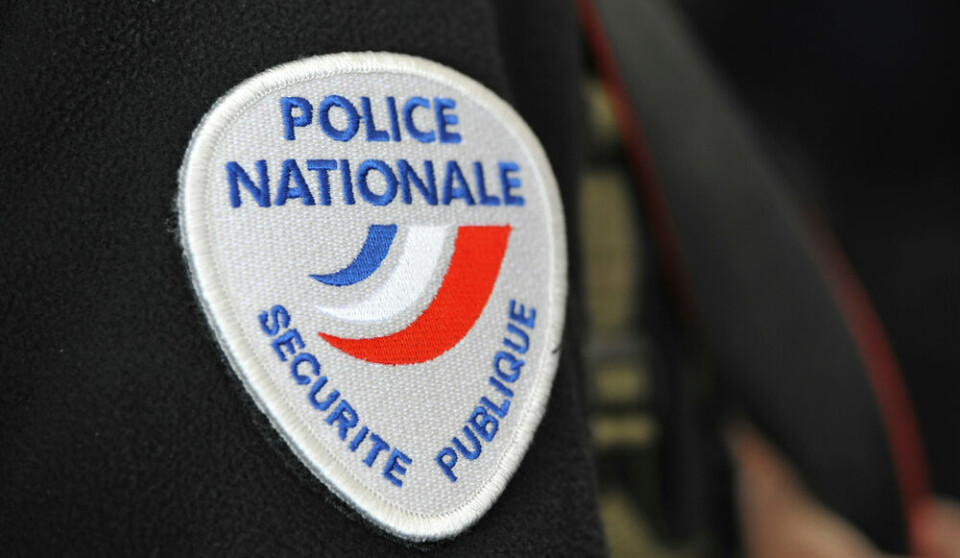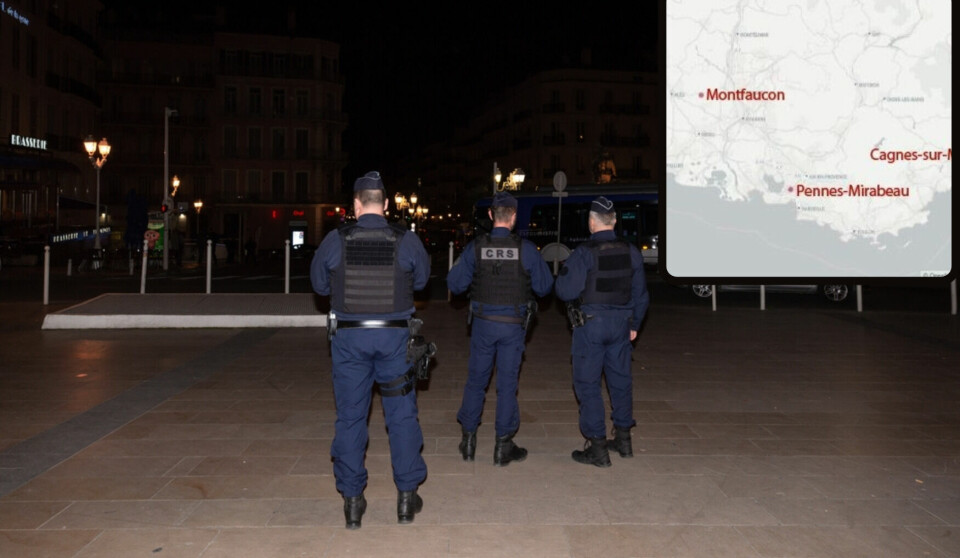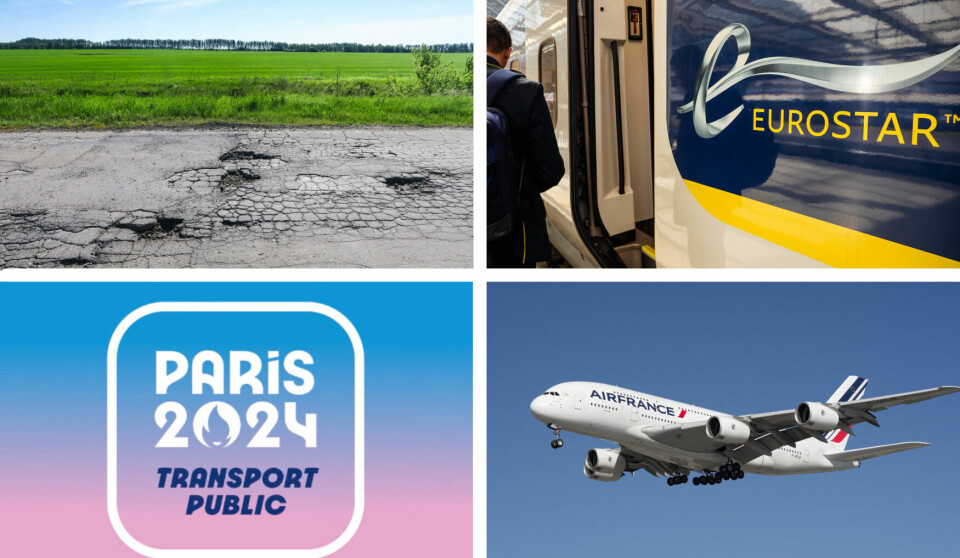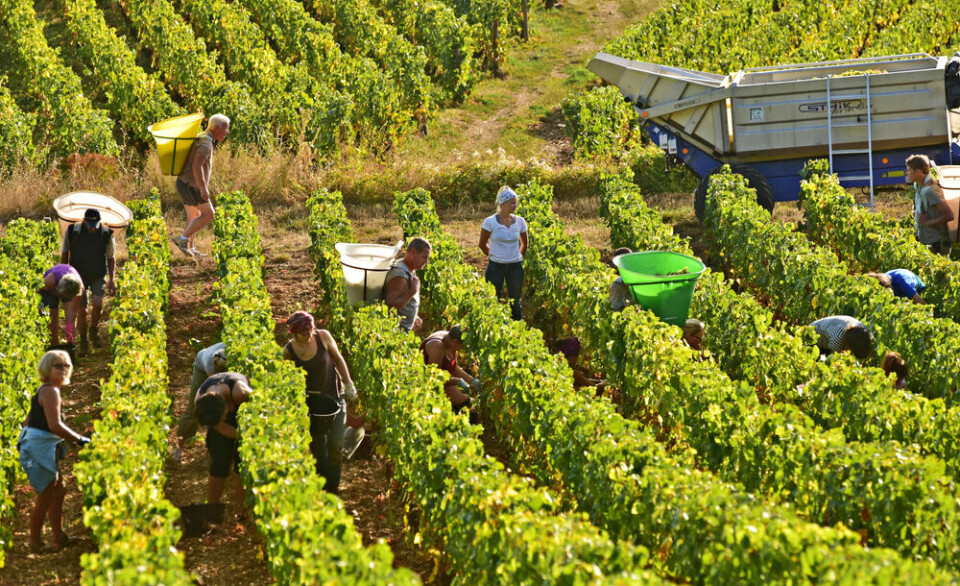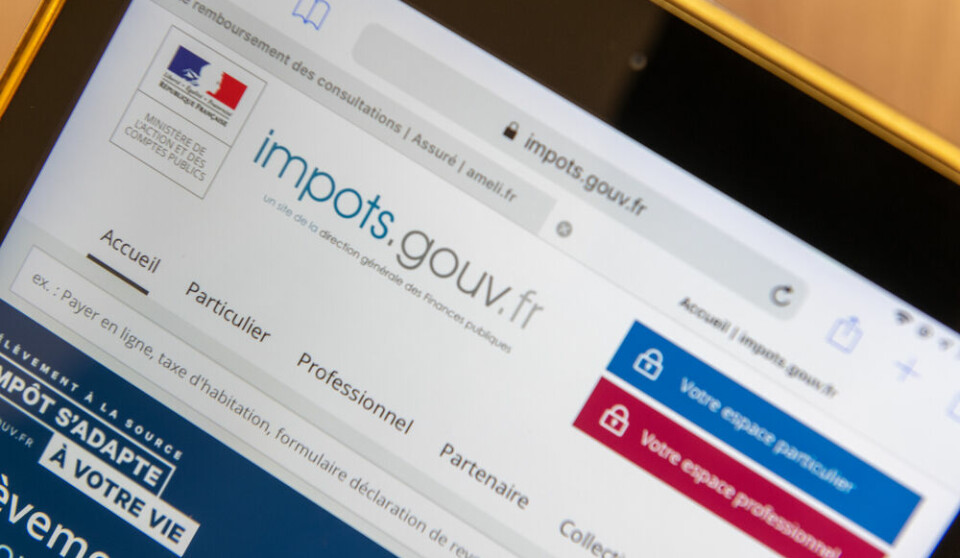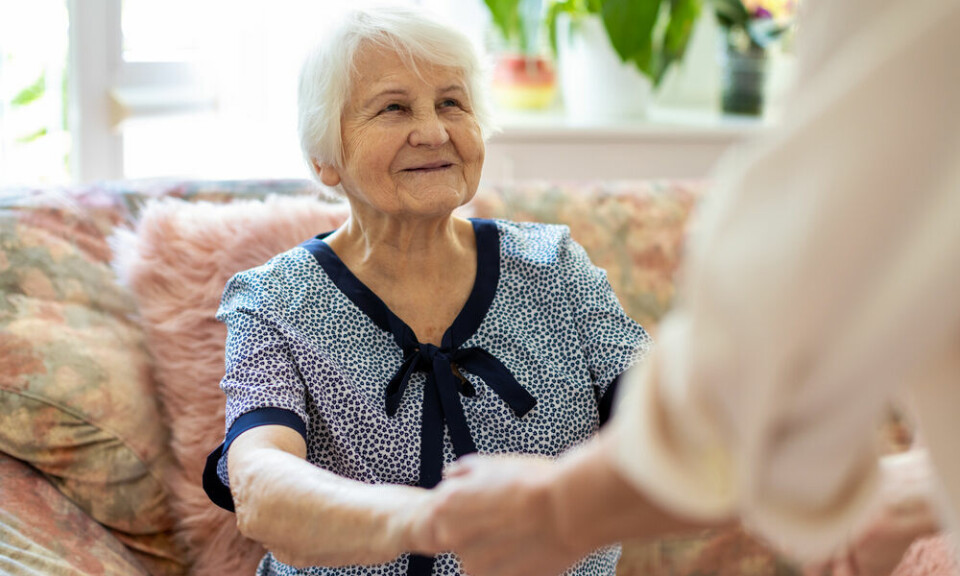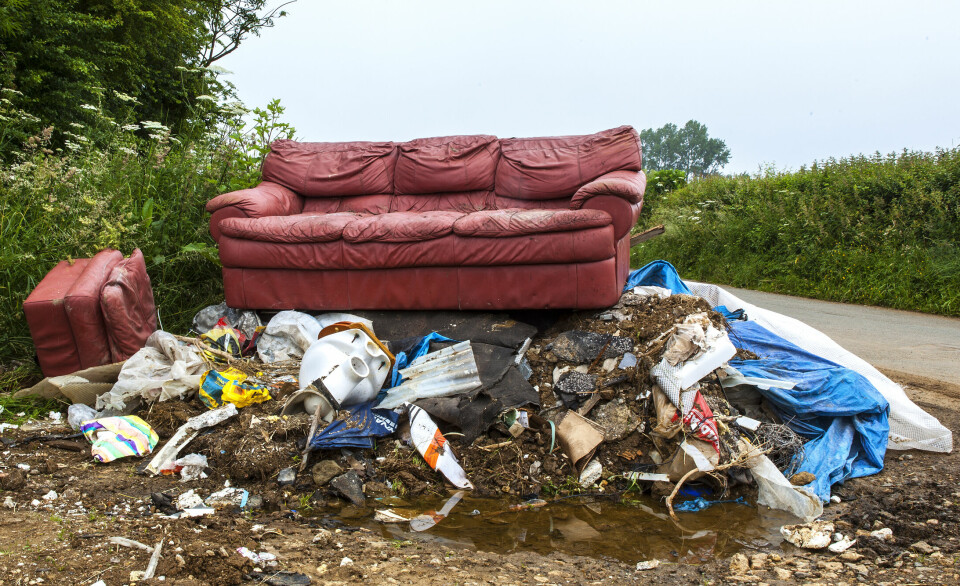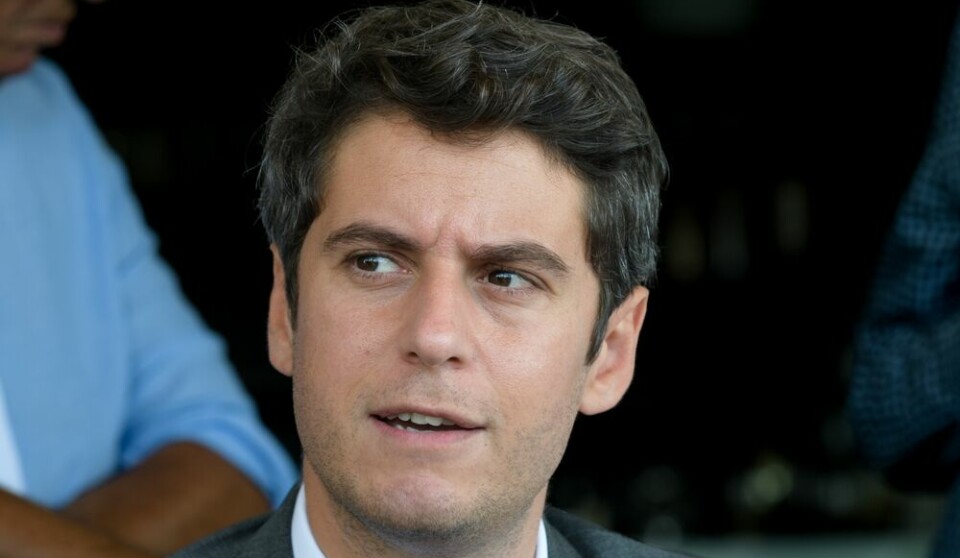-
‘Brexit: no-one else dares speak of leaving’: President Macron
The president also spoke of the threat from the far-right, the need for more border control, simpler rules and more defence investment in a speech in Paris
-
Scams in France: watch out for these telephone prefixes
Stay alert to these numbers as they are often used by fraudsters
-
UK jockey gets French residency card meeting after public complaint
James Reveley asked about obtaining a titre de séjour after victory in prestigious ‘president’s race’ in Paris last weekend
French cafes with staff with Down or autism exports idea to New York
Café Joyeux Lexington is in Manhattan, NYC, and works with local associations to recruit a ‘happy team’
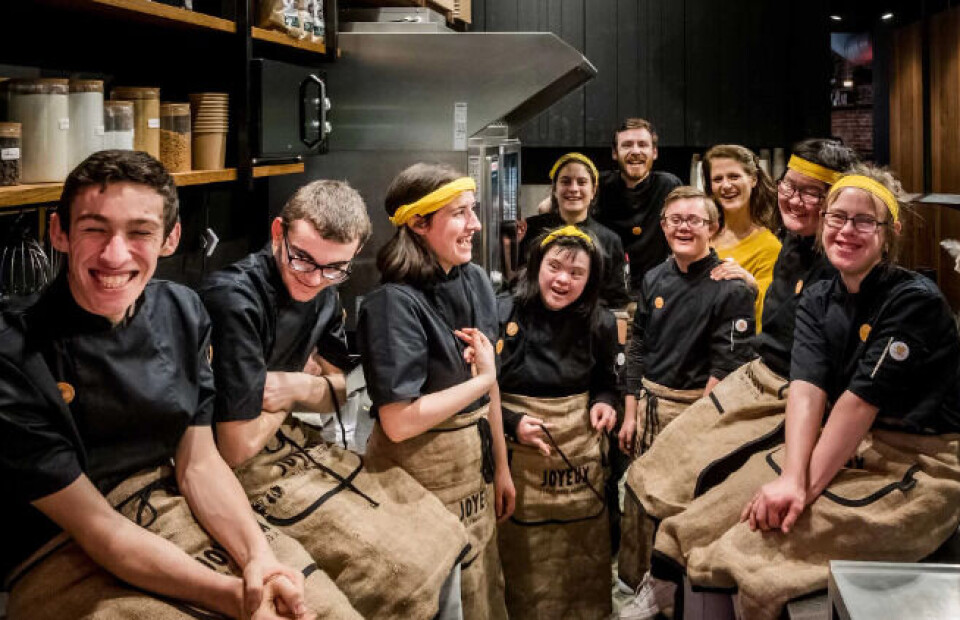
A chain of cafes in France and Europe that employs staff who have autism or Down Syndrome has opened a new site in New York City.
Founded by husband-and-wife team Yann Bucaille-Lanrezac and Lydwine Bucaille, the Café Joyeux opened its first cafe in Rennes in 2017. It now also has 14 sites in France (including in Brittany and on the Champs-Elysées in Paris), four in Portugal, and one in Belgium.
It is a non-profit organisation, with 100% of the profits contributing to employment and training for the mentally and cognitively disabled. It also has a shop and sells its own coffee beans, tea, and chocolate.
The New York City cafe is its first outside of Europe. It opened on March 21, which is World Down Syndrome Day.
‘Happy team members’
One of the cafe’s main focuses is to be as inclusive as possible, mainly by employing staff who have Down Syndrome or who have mental disabilities and neurodivergent challenges such as severe autism.
It states that its staff mission is to have “happy team members" who are trained on the job, and then able to join the cafe on a permanent basis. They work in jobs including on reception, as a cashier, and in the kitchen.
All recruited and trained by a team of specialists in HR, management, cooking, and education.
At the end of their training, the happy team members join the Cafés Joyeux on a permanent basis. Depending on their abilities, they are supervised by managers as they go about their work.
The Paris site was opened in March 2020 by President Emmanuel Macron, while the Lisbon cafe was opened by Portuguese President Marcelo Rebelo de Sousa.
‘It’s an American project’
The new cafe - Café Joyeux Lexington - is located in Manhattan, in downtown NYC. It has around 30 seats, and has been decorated by interior architect Sarah Lavoine.
“We feel humble coming here,” said Mr Bucaille-Lanrezac.
Studies show that in the US, 80% of the country’s seven million adults with a form of mental disability are excluded from work.
Responding to this, Mr Bucaille-Lanrezac said: “We’re not here to ‘lecture’ Americans. It’s an American project. We’re getting help from inclusion specialists, especially the New York-based organisations AHRC and Autism Speaks.”
It has taken the couple more than two years to set up a non-profit company under US law. There is now a single shareholder, and the project is financed by sponsorship and philanthropy. These donations are tax-exempt (as is the norm in the US).
The site has been loaned for 10 years by the Boston Property Group.
The new cafe serves Italian-inspired, simple dishes created by French chef Thierry Marx. It uses fresh and seasonal products, with dishes made fresh everyday.
‘Energy and joy radiating from’ cafe
Newly-recruited staff - including a director without any neurodivergent conditions - manage 14 staff members who are “disabled, handicapped, with autistic or cognitive issues, or with Down”, said Mr Bucaille-Lanrezac.
One of the servers at the group, Peter Anderson - a server and barista - said that “in many places, there is no work for people with these kinds of disabilities”. This is despite, he said, “us having the same rights as anyone else who works”.
Mr Bucaille-Lanrezac now believes that his new US employees have the space to “develop, and show that at the heart of the city, with a very demanding and busy clientele, they can offer value and bring a high-quality product and service”, he said.
One customer, Giovana Mullins - who works with disabled people - said that the cafe is offering something different from the US chains. She said: “Even if you don’t know what this cafe is about, you can feel the energy and joy radiating from it.”
Read also
Different but skilled: French caterers empower staff with disabilities
What aid or help groups exist in France to cope with a new disability?
French scientists say new drug may improve life of people with autism



